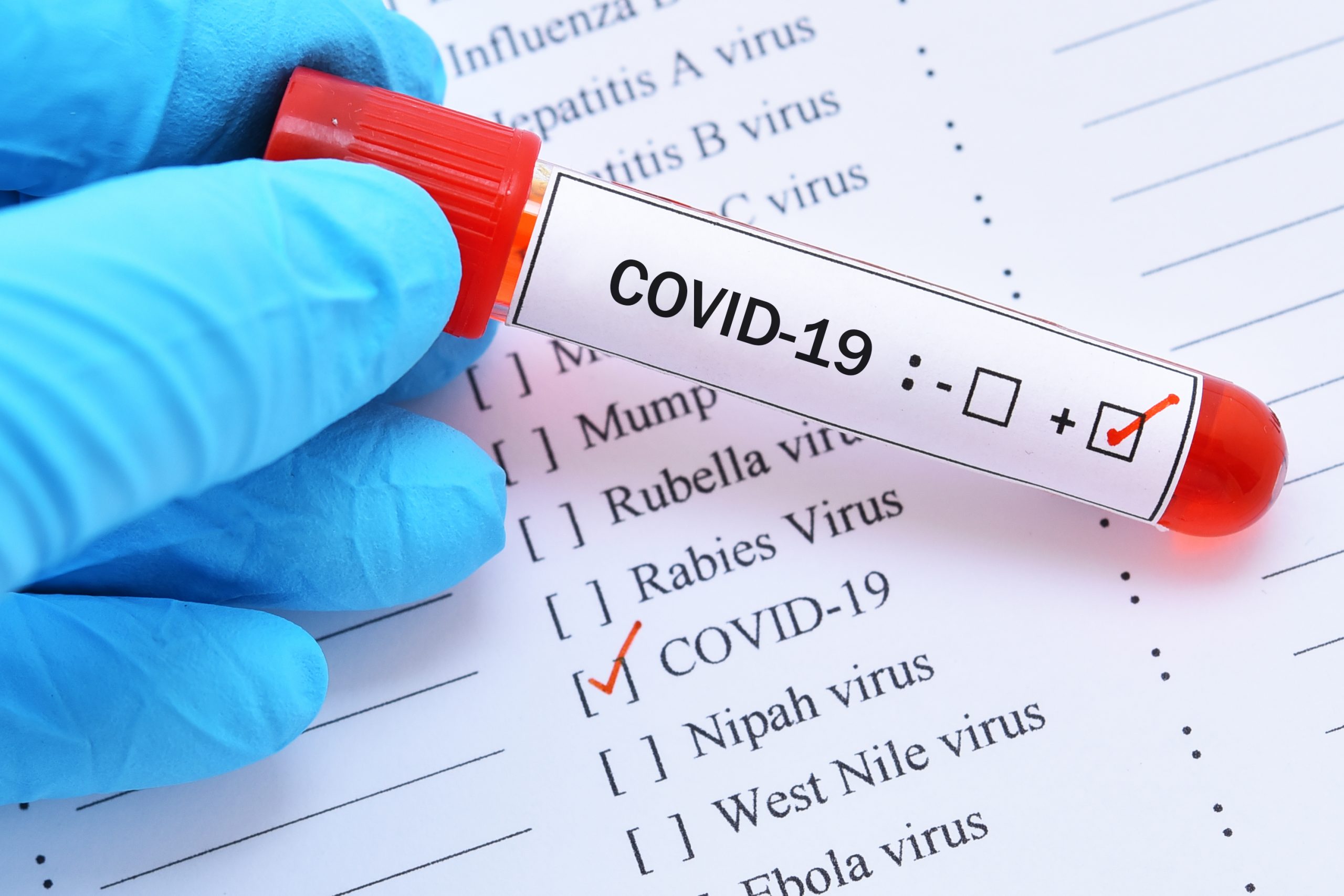
A Pre- and Post-test Intervention Design to Develop a Communication Training Model for Practitioners of Traditional Chinese Medicine (TCM): a Pilot Study
21 September 2020
Reconstruction of Transmission Pairs for novel Coronavirus Disease 2019 (COVID-19) in mainland China : Estimation of Super-spreading Events, Serial Interval, and Hazard of Infection
21 September 2020Overcoming Barriers to Influenza Vaccination in Hong Kong: Designing Culture-Centric Narratives for Health Promotion

Principal investigator: Dr Crystal JIANG Li (Department of Media and Communication)
Despite its effectiveness in prevention, the influenza vaccination coverage in Hong Kong has remained around 14% in the past few years, much lower than the 30% threshold proportion required for building up basic herd immunity. The major barriers to adoption behaviors have been identified by previous studies, including fear of side effects, uncertainty about vaccines’ efficacy, and misconceptions about the vaccination (Chor, Ngai, Goggins, Wong, & Wong, 2009). These barriers lie not merely in lack of health knowledge or literacy; they are deeply rooted in particular socio-cultural values about human body and disease prevention.
On the other hand, current health promotion in Hong Kong fails to address the public’s concerns for influenza vaccination (Jiang & Gong, 2013). Specially, the vaccination promotion messages are poorly designed, loosely targeted and didactically enacted. To these ends, this proposal introduces narrative persuasion as an effective tool for promoting influenza vaccine uptakes in Hong Kong. For a variety of reasons narratives are more effective than statistical information or advocacy messages in motivating behavioral changes (Slater, 2002). In particular, it has been shown that narratives can effectively model recommended behaviors, address knowledge-compliance gap, attenuate psychological reactance, and activate transportation of subjective experience (Kreuter et al., 2007).
In particular, this project employs a culture-centric approach in developing influenza vaccination narratives. This approach prioritizes the target audiences’ conceptualization of vaccination and uses cultural codes to invoke personal meanings and motivate behavior changes. First, the project plans to conduct formative research with in-depth, dialogic interviews with high-risk individuals, aiming to capture shared experiences and stories, create prototypical narratives, and develop narrative interventions. Second, two experiments will be conducted to examine the effectiveness of narratives in influenza vaccination promotion. The first experiment compares the effectiveness of narrative and didactic communication via a randomized controlled trial. The second experiment seeks to establish the ecological validity of narrative persuasion in naturalistic settings via a field experiment.
The findings are expected to have important practical and theoretical contributions. If supported by the empirical data, the proposed narrative approach will have practical implications for designing future campaigns to promote vaccination and other health behaviors. Theoretically, the project will enrich our understanding of the relationships among narrative persuasion, cultural embeddedness, and message processing in general.
Click here to view the project details.

